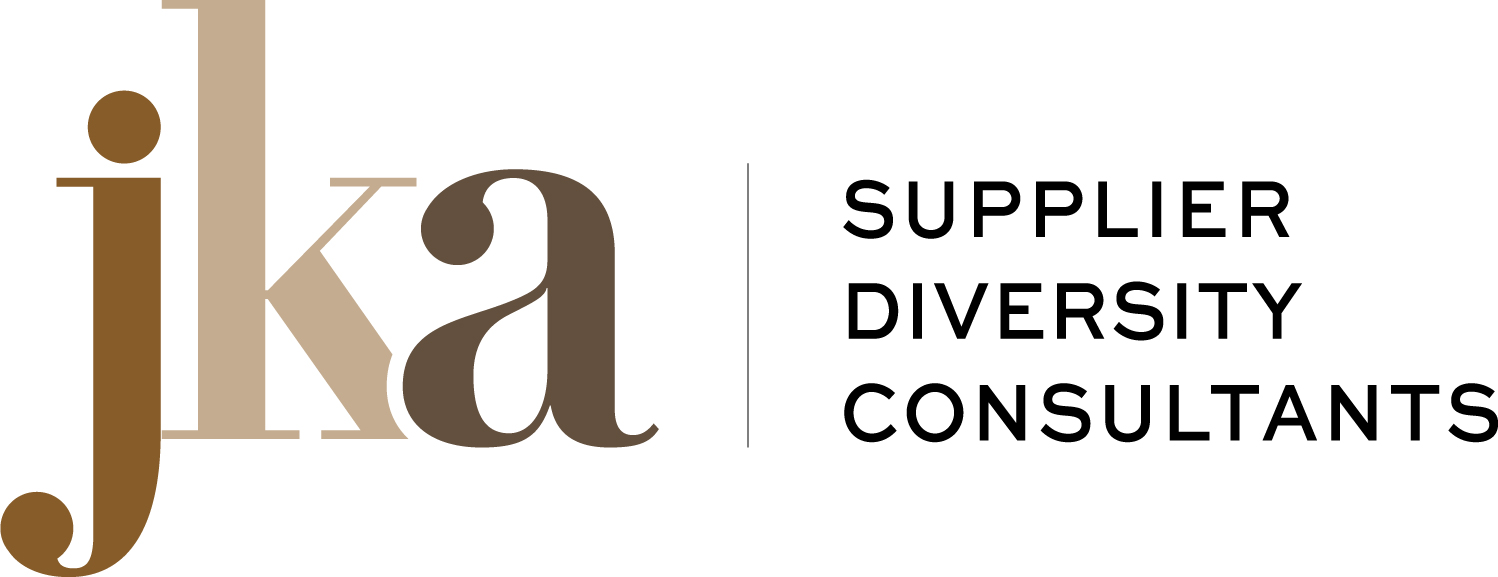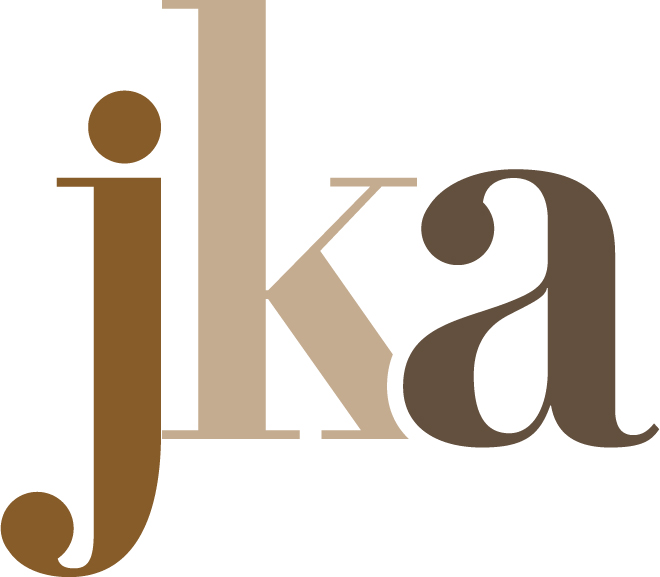The basis for developing an effective cost estimating strategy starts with a good business plan. A well thought out business plan will force you to consider key elements that are the foundation of cost estimating that includes cash flow projections, budgets, profit margins and sales goals. In my opinion, it is almost impossible to create an effective cost estimating strategy without having a clear understanding of your business financial needs. Once you are clear on your business financial needs, here are few suggestions to help you create an effective cost estimate for government bids.
- Automate your estimating process: have a professional accountant or estimator create a spreadsheet that contains all of your fixed costs, general administrative costs, overhead and profit. Use the spreadsheet and adjust it accordingly for each bid.
- Establishing a Breakeven: most small business owners I know shy away from the financial side of the business, they want to make money but they are uncomfortable with finances. At minimum, every business owner should have an understanding of their breakeven costs. Once you have a clear understanding of your breakeven numbers, you can confidentially take on or decline jobs that will take your business to the next level.
- Research – before bidding on government contracts, make sure that you do the necessary research to get a feel for profit margins and mark-ups in your field. No sense in bidding in a particular field if you can’t offer competitive solutions.
- Read RFP documents in detail: read bids, proposals and requests for quotes with the intention of identifying all associated costs to complete the bid. Once completed then read the document again, and ask yourself what costs are associated with the bid that is not mentioned or billable (this could include meals, travel, employee benefits, record keeping, and administrative costs). Write everything down and consider all resources needed.
- Look at Bid Terms: review bid start and end dates, consider how long is the project and whether or not you have all necessary resources to start the job. Create a budget for start-up costs and be sure to include the startup costs in your cost estimate.
- Cash flow: review payment terms for the bid. What is the process to submit a proper invoice? What is the turnaround time from submission of an invoice to receipt of payment? DO NOT ASSUME that you will receive any special consideration because your are a small, minority or woman owned business. You need to have adequate cash flow to finance government bids for a minimum of ninety days.
- Employment Laws and Wages: if you are providing labor on government contracts, you need to familiarize yourself with living wage, prevailing wage, wage determinations and union agreements. It’s your responsibility as a business owner to be familiar with requirements for providing base pay and entitlements for your employees and know when and how they escalate and what your obligations are.
- Price Adjustments: what happens on government contracts when employee wages and health insurance go up? What about other things like the cost of materials, supplies, and fuel? You need to read all bids, proposals and requests for quotes and determine how you will recover increases in the cost of doing business. You’ll rarely have the opportunity to make adjustments to your price after bids are submitted.
- Insurance: as a professional service firm, I often see bids and proposals that have insurance requirements that are not applicable to my business model. That said, it’s important to remember that if a bid requires a particular type of insurance just because you think it’s not applicable to your business does not mean you don’t need to provide it. You need to identify the type of insurance that you believe is not applicable and request waiver, or clarification before submitting the bid.
- Get information on loosing bids: if you bid on a government contact and are unsuccessful, make sure you request a debrief and obtain pricing information from all the bidders on the project. Use this information to make educated business decisions about your bid –can you be more competitive and still make money?
In my opinion, developing an effective cost strategy literally takes a village; there are so many things that even the most experience bidder needs to know on a regular basis. I highly recommend putting together a team of professionals to work with you to develop an effective cost estimating strategy.




